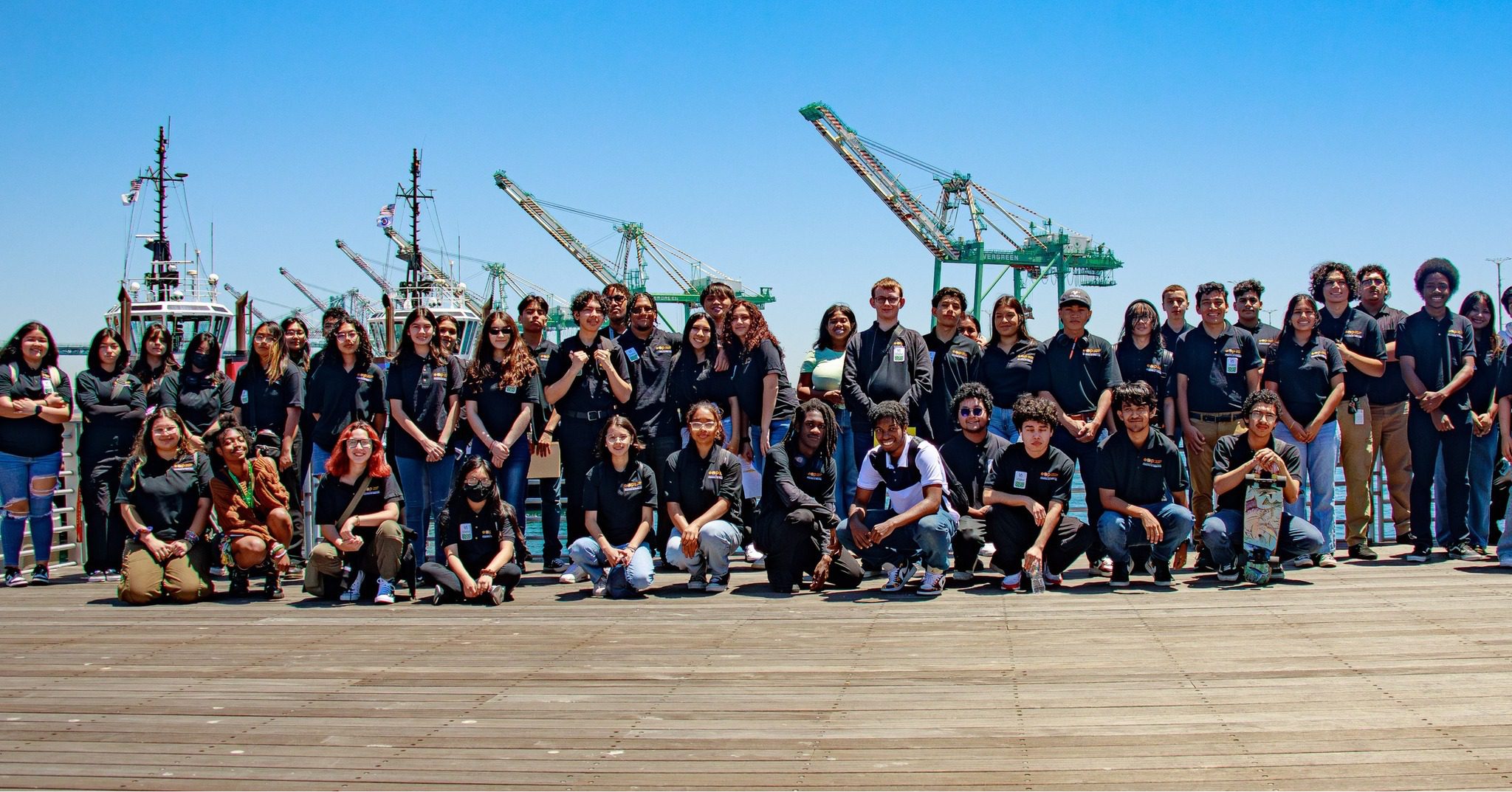By Jose Herrera
The Los Angeles City Council approved a proposal Wednesday for an Independent Redistricting Commission that would be tasked with redrawing the boundaries of council districts for future elections.
Council members voted unanimously on the matter and city officials will now work to prepare the proposal for placement on the November 2024 ballot for voters to decide.
Council President Paul Krekorian said it would be the first time in the city’s history that redistricting would be taken out of the hands of the council and entrusted to a commission through a process that is “transparent, inclusive, and entirely independent.”
“In November of next year, we will for the first time have a truly independent redistricting, which is completely independent from the City Council,” Krekorian said prior to the vote.
Redistricting takes place every 10 years following the completion of the U.S. Census to account for population shifts. Under the city’s current system, council members appoint redistricting commissioners who create new maps, which are then forwarded to the council for approval and implementation.
But Councilwoman Nithya Raman said that over the past couple of years city leaders have lost the trust and faith of the people of Los Angeles.
In the wake of the City Hall scandal last year in which three council members, two of them now gone, were caught on a leaked recording discussing ways to redraw districts in their favor, officials created the Ad Hoc Committee on City Governance Reform, which is chaired by Krekorian.
“One of the ways in which we must respond to that, and we have had to respond to that, is by actually taking away some of our own power and giving it back to the people of Los Angeles,” Raman said.
The proposal approved Wednesday was a culmination of 10 months of discussions and work by the ad hoc committee, and the office of the chief legislative analyst. City officials also received feedback from residents, community groups and organizations such as UnrigLA, the League of Women Voters, the L.A. Governance Reform Project, Our LA Coalition and Common Cause.
The independent commission would be composed of 16 members and four alternates who would serve a 10-year term. Commissioners would not be able to run for office or work in specific elected offices or city positions for four years from the end of service, or once they complete their 10-year term.
The City Clerk’s Office would be responsible for the selection process of commissioners, and the Ethics Department would provide oversight.
Applications would be received and whittled down using certain criteria, followed by public input given online, and final applicants would be determined by the City Clerk’s Office, Ethics Department or some third party determined by the previous two entities.
Once eight commissioners are selected, officials would then determine the remaining commissioners while considering, in part, geographical and diversity criteria. The selection of the four alternates would be randomly drawn.
While the 15 members of the City Council supported the proposal, Council President Pro Tem Marqueece Harris-Dawson and Councilwoman Imelda Padilla introduced amendments to rectify certain aspects of the plan.
Harris-Dawson’s first amendment sought to reduce the wait time for city workers to apply as commissioners from four years to two years, and his second amendment called for the commission to consider economic and cultural assets as part of the map-drawing process.
Padilla’s amendment sought to change a requirement that applicants will need to have three years to five years of residency.
Harris-Dawson’s amendment on assets stirred up a brief debate.
Raman called the issue more of a “problem with our planning process” and said it should not be added to the process of setting district boundaries. The councilwoman previously said she would be working on a plan to take the zoning process out of the hands of council members.
Harris-Dawson said the amendment would address “a function of investment patterns.”
“I think that coming from a community that’s very much at the low income side, where our average medium income is about $32,000 a year, these economic assets mean differently to our community because we are poor,” said Councilwoman Eunisses Hernandez, who backed Harris-Dawson’s amendment.
She added, “It’s naive of us to not see that for what it is and try to create something on paper that acknowledges that process. If we need to tackle it through planning policy and other things, let’s start doing that right now.”
The three amendments ultimately garnered enough support for approval.
Several members of the public criticized the council’s decision not to open public comment prior to the vote, especially as council members introduced “significant” amendments. Many also applauded the council for approving the proposal and encouraged them to improve on the plan such as by securing a separate budget for the commission, so as to further separate the group from council influence.
“For 100 years, the Los Angeles City Council has effectively designed its own districts,” Krekorian said in a statement. “When this charter amendment passes, we will finally have a process where the voters choose their council members, instead of the council members choosing their voters.”
As part of the council’s continuing efforts on governance reform in the wake of the leaked 2021 recording, leaders are also expected to explore proposals for increasing the number of council districts, as well as introducing ethics reforms.







